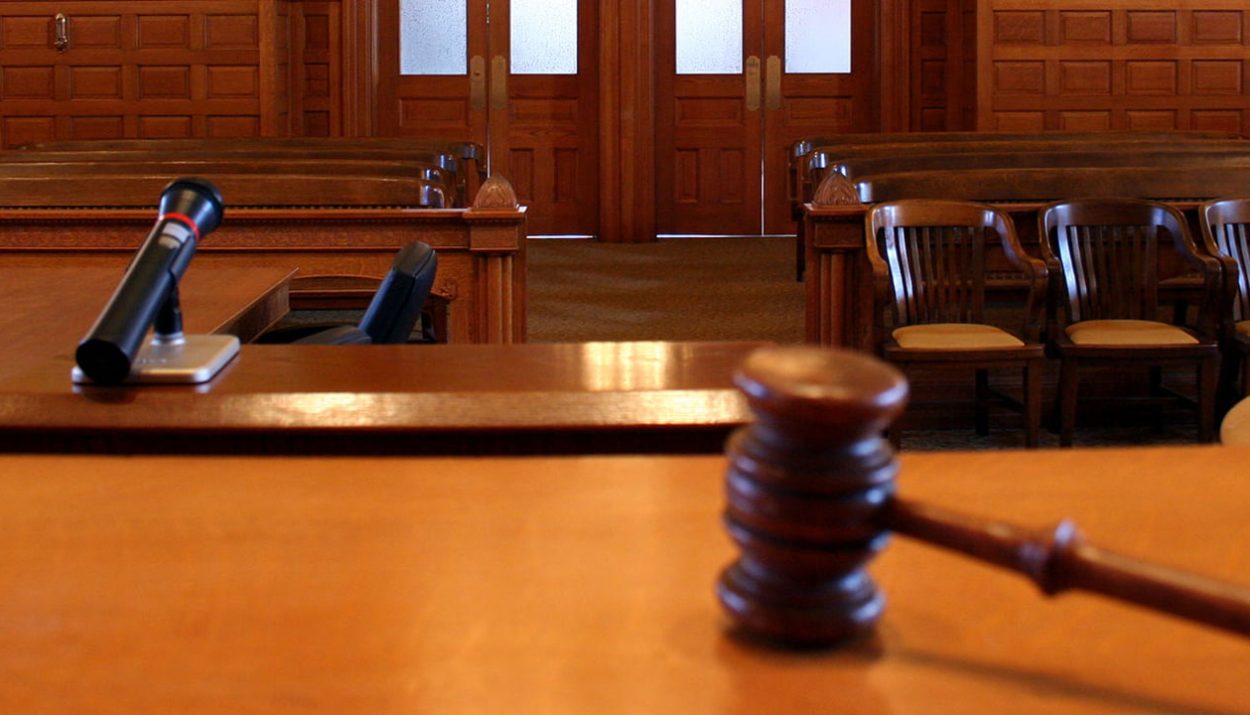By Victor Emejuiwe
Asset declaration is a tool used all over the world to prevent corruption and promote accountability and transparency. In Nigeria, the Constitution provides for declaration of assets by public officers with the Code of Conduct Bureau, but gives the National Assembly the powers to set up guidelines for such declarations to be made available to the public.
The lack of established guidelines by the National Assembly has created a lacuna in the Constitution, which has been explored by most public officers to deny public access to the declaration of their assets and liabilities. In line with the open government partnership, which Nigeria is a signatory to, the government is expected to conduct all its activities in an open and transparent manner. This implies that officers working under such a government must also subject themselves to openness, transparency and accountability by promoting probity and accountability.
Therefore, the excuse of protection of privacy used by public servants to deny the public access to the assets and liabilities they declared before the Code of Conduct Bureau is not tenable. The shielding of assets declared is against the norm in other jurisdictions.
In the light of the above, it is time to enact a law that would allow for public access to asset declaration, in line with the provisions of the Third Schedule Part 1 of the Constitution of the Federal Republic of Nigeria 1999 (as amended).
The law should have objectives that accord citizens of Nigeria the right to inspect declaration of assets and liabilities of public officers. It should also promote a culture of accountability, openness and transparency in public administration. It should promote public confidence in the integrity of public office holders and the decision-making process in government; and promote efficient public administration and good governance.
If the law sees the light of the day, it should contain provisions that would compel the Code of Conduct Bureau to publish the assets of all public officers in a dedicated website and made available for public inspection. The information should be searchable by name, position, agency and other criteria that facilitate identification of specific public officers. It should be downloadable and printable from a personal computer or mobile device.
The law should also compel the Bureau to, upon expiry of the date due for declarations, prepare and display on the website, on an agency by agency basis, a comprehensive list of public officers who have declared their assets and liabilities and a list of those who have not complied.
This information should remain on the website throughout the time the public officer holds public office and three years afterwards; thereafter the declaration can be archived. On the matter of personal privacy, which is of grave concern to most public officers. The law should exempt the declarant from uploading certain information; such as bank account numbers and bank verification numbers, National Identity Card Numbers, Passport numbers, Street Address and number of plot where the declarant currently resides, the declarant can only state the geographical location of the resident, and the type and value of the property.
The law should mandate the Bureau to verify the assets declared and indicate the status of verification against each asset, either as verified, ongoing verification or not yet verified.
Under the law, the protection of citizens who have proof of false declaration of assets and submit such verifiable evidence to law enforcement agencies should be protected. The public officers with authentic declarations should also be protected from spurious allegations and malicious damage to their reputation for trying to fulfill the dictates of the law.
If we must enthrone a more transparent public service and win the fight against corruption, the National Assembly and the Executive should give this proposition adequate consideration.
• Victor Emejuiwe wrote from Centre for Social Justice




2 Comments